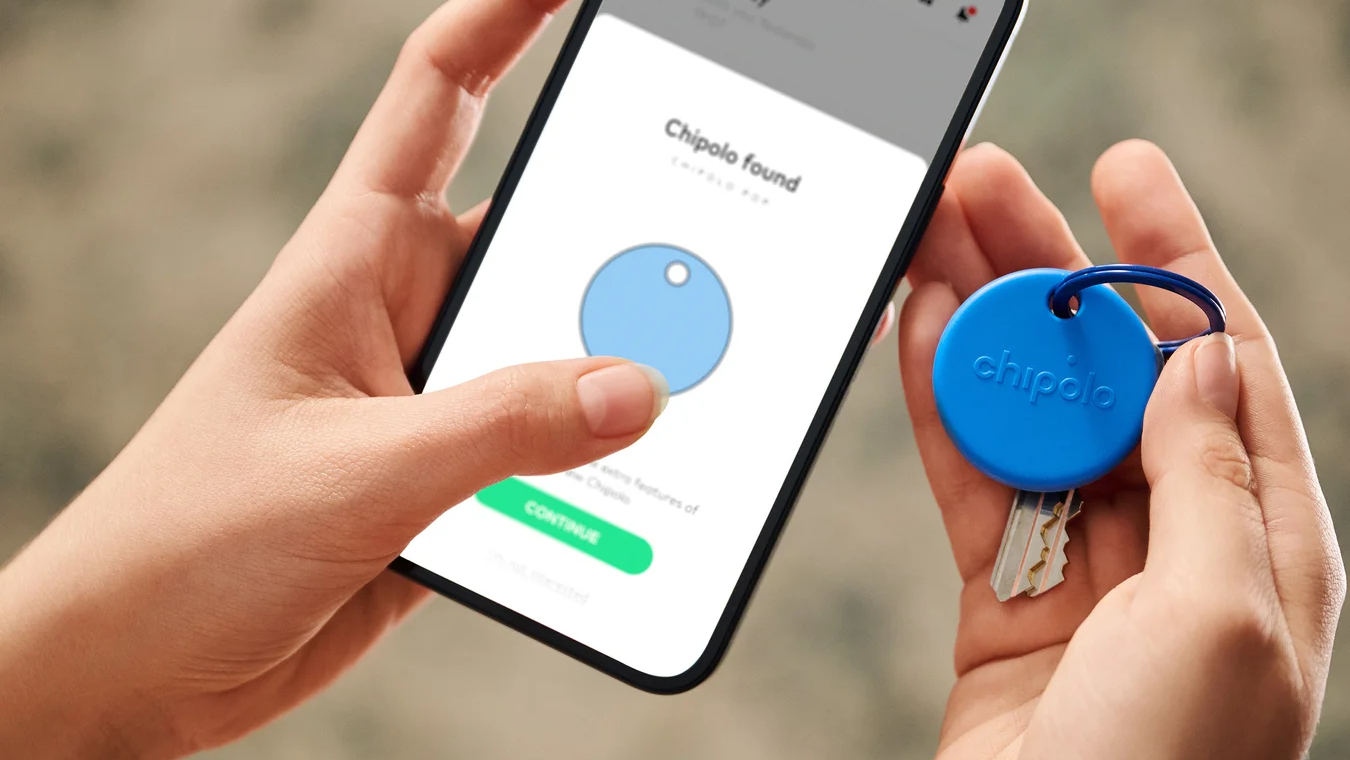7 things you forget have an expiry date
Are you keeping these items too long?
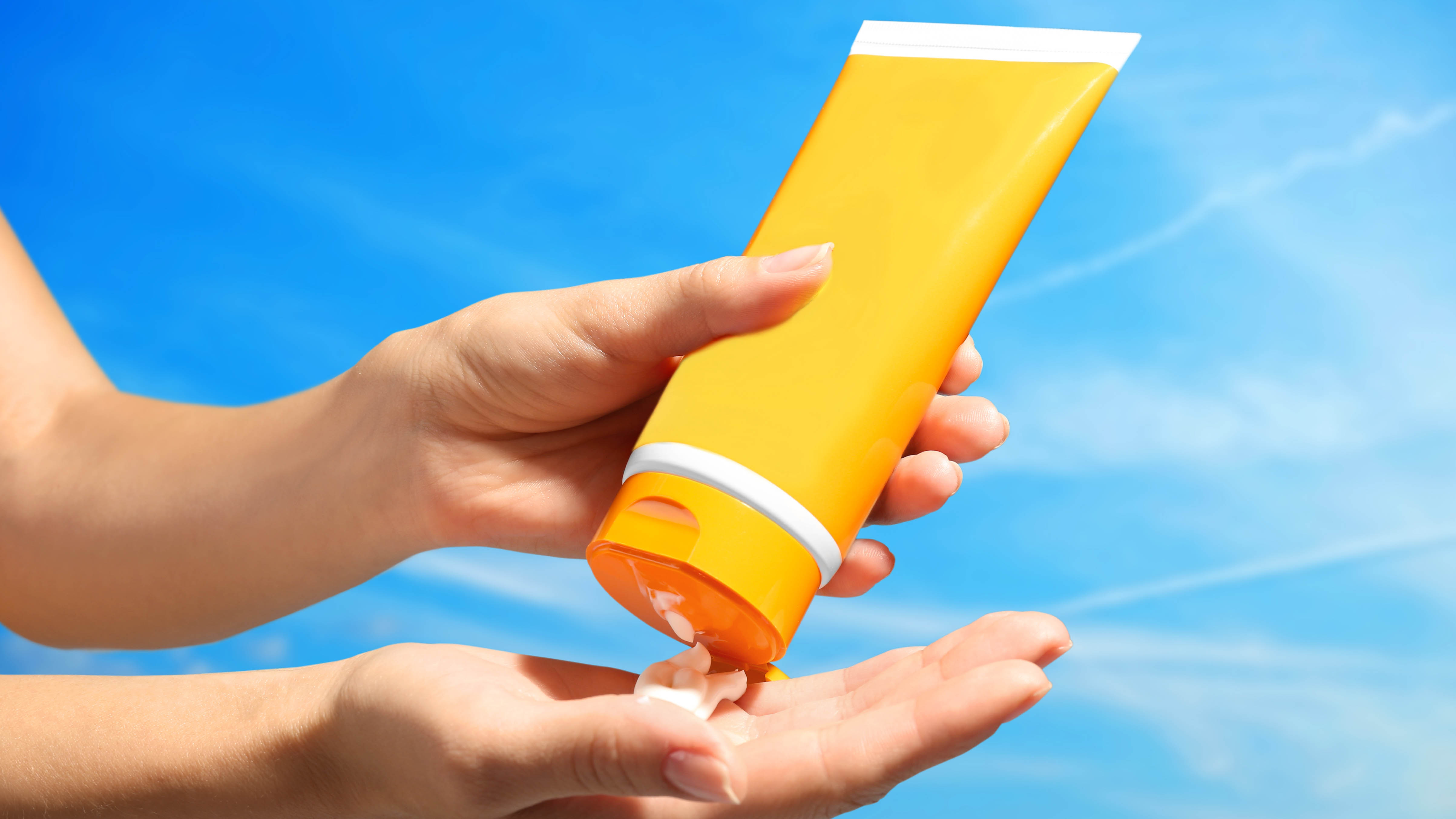
When it comes to clutter, it’s all too easy to hoard. The mentality of ‘you never know,’ can fill our homes with all kinds of pointless objects.
Whether you’re dealing with a spare phone charger or an appliance which hasn’t broken, but has been replaced, it can be difficult to let go. In fact, here are 9 things you’re hoarding, which you should throw away right now.
But, there some items actually expire should you keep them for too long. Use these past this date and you'll not only get a sub-par performance, you could be exposing yourself to risk of infection and health hazards. So, it’s important to keep a mental log of these items and throw them away when the time comes. If you want to know what to look out for and when to throw it away, here are 7 things you forget have an expiry date.
1. Medicine
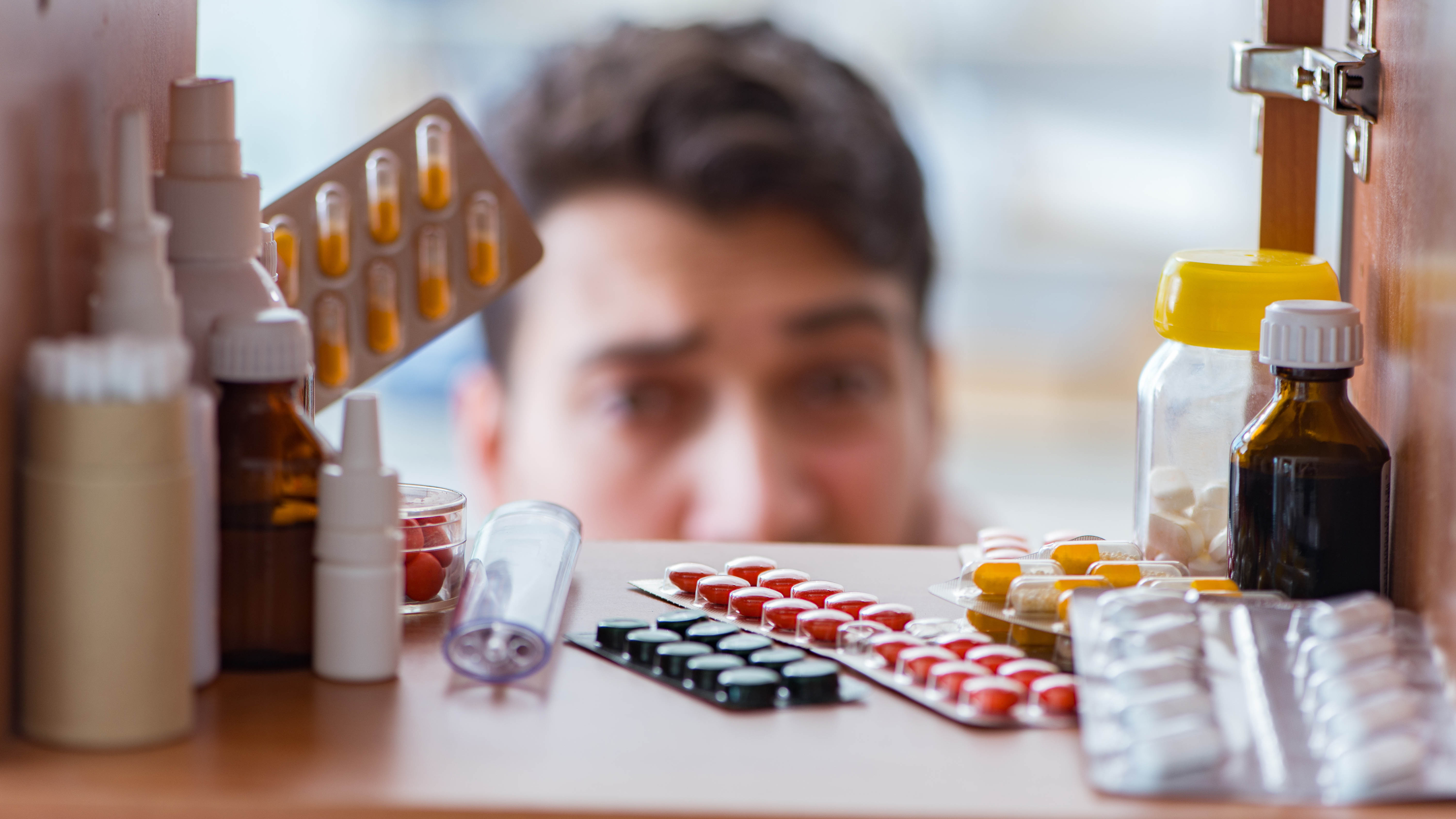
When was the last time you cleared out your medicine cabinet? Every time we feel unwell, we rely on medicine to improve our symptoms. The problem is, if you’re out of the house when this happens, it becomes necessary to buy a fresh box of medicine, the remains of which we add to the cabinet once we reach home. The result: a medicine cabinet packed to the brim.
Add to that, if the cabinet isn’t rotated, old medicine gets buried towards the back while only the latest purchases remain visible. It’s not surprising these items are left to build-up though. Medicine can cost a lot of money, and should you fall ill, it’s good to have it ready to help.
However, you must break this habit — medicine has an expiration date, and if stored for longer than this, it will lose its effectiveness. This makes keeping it past this date pointless as well as a health hazard; if you’re severely ill when you need it, it won’t perform as it should.
You should rotate your medicine cabinet to use the older items first while keeping everything in date. Check the dates and throw away anything that has expired, including medicine you may have in your coat or handbag ‘just in case.’
Sign up to get the BEST of Tom's Guide direct to your inbox.
Get instant access to breaking news, the hottest reviews, great deals and helpful tips.
2. Makeup
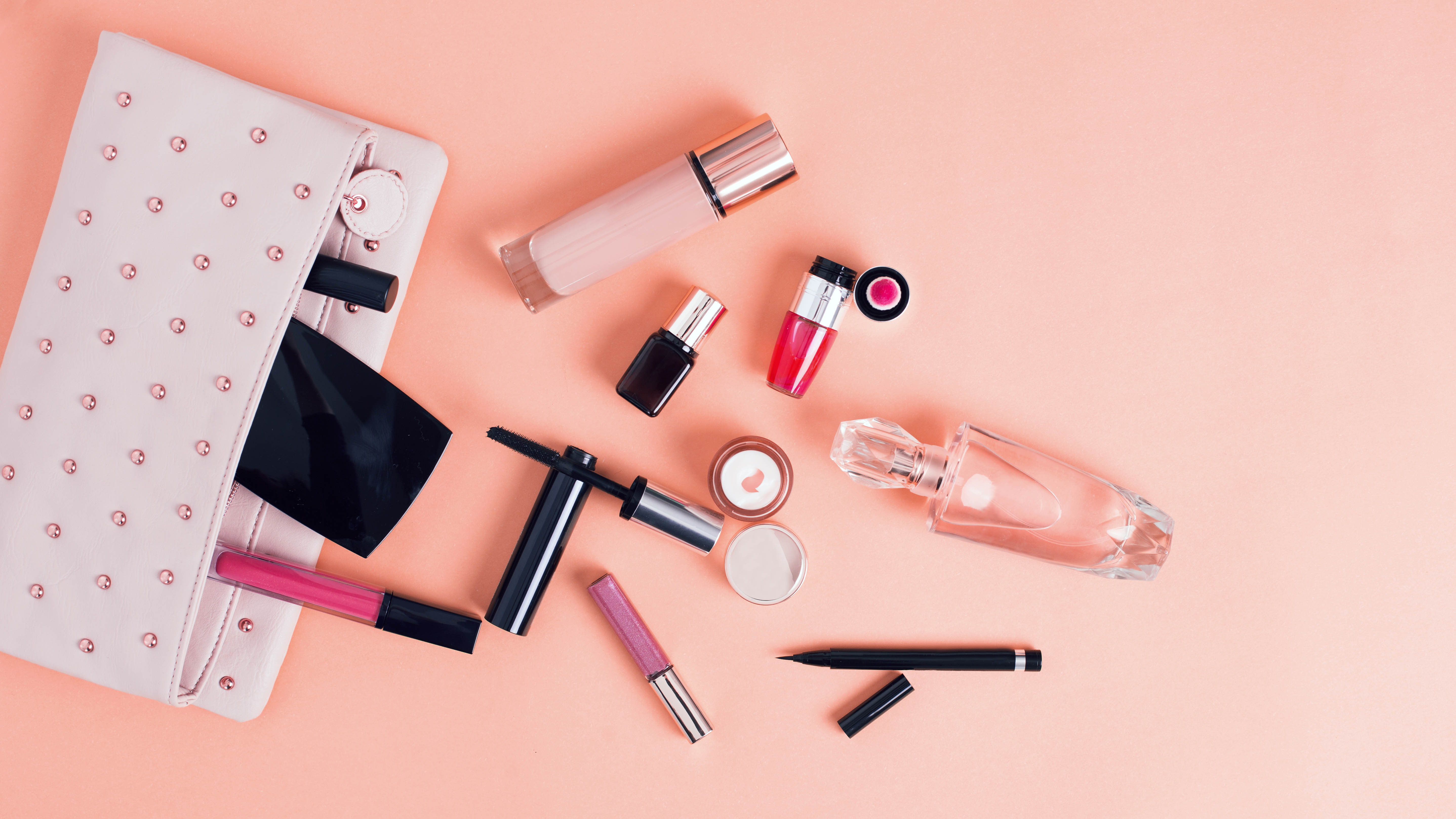
That’s right, makeup expires as well, and this is something we can use for months or even years if it’s designated for special occasions. If you look at the label on any particular item, you might notice a small number in an open tub logo — this indicates the number of months it’s recommended for use once opened. This logo isn’t required by law in the U.S., but it’s pretty common whether you’re dealing with lipstick, nail varnish or mascara. Alternatively, a direct date might be supplied.
Use the item past this date, and you will be getting a degraded performance. By this time, the product can show the effects of aging, whether it sweats or separates. Plus, it can actually carry harmful bacteria which may lead to infection on application.
So, you need to keep account of the age of your makeup, and rotate to make best use of everything. If you see visual signs of an item degrading, even if prior to its expiration date, throw it away. Depending on how items are stored, heat and humidity can affect the lifespan of products.
3. Perfume
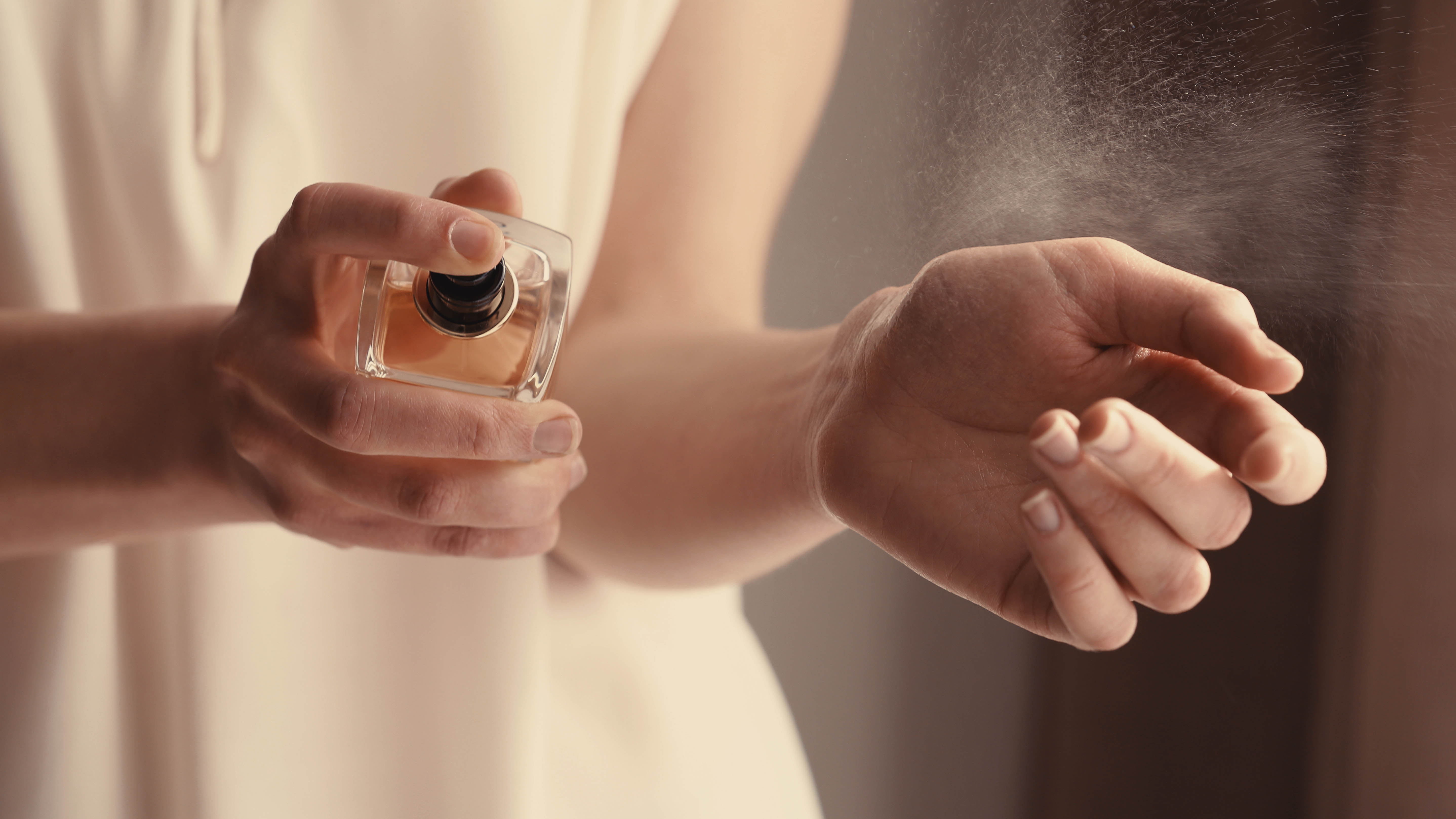
It’s sad, but true. Perfume and cologne will eventually expire once opened. This is something many may have noticed after returning to work post-pandemic.
It’s also a problem if it’s a common present for the holidays and you can’t get through it fast enough. Before you know it, what once smelled amazing, smells distinctively sour. The last thing you want to do is wear it, but throwing it away can seem like such a waste that it just sits on display, to no purpose.
That same open tub logo we mentioned earlier for makeup can also be found on perfume and cologne. It’s not always present, but a use-by date may be supplied on the packaging or on the underside of the perfume bottle itself. This gives you an idea of how long your product will last once you start to use it — often one to three years. It’s also important to remember that storage can affect a perfume’s lifespan as well. Sunlight, heat and humidity will all impair its shelf life, so watch where you display it.
4. Cooking and baking ingredients

When it comes to recipes, there’s always an ingredient which is hard to find and never seems to get used again. Such items end up occupying precious storage space in your kitchen cabinets. Unusual spices in particular can frequent this category. And if these items needs to be refrigerated once opened, they're taking up valuable space here as well.
Baking ingredients can have much the same problem. If you only use the best stand mixers to bake on special occasions, or struggle to find the time to do it regularly, large packets of flour, cocoa powder and yeast can sit and crowd your cupboards for months. Items such as these, spice and flour included, will eventually expire. It can take a long time depending on the product, but if the item is opened and left for long enough, it will impact its performance, or at the very least, its flavor.
When you get around to cooking or baking again, you don’t want an old ingredient ruining the meal, so take the time to sort through your food storage. Any items at the back which never get used should make way for fresh ingredients.
5. Detergent
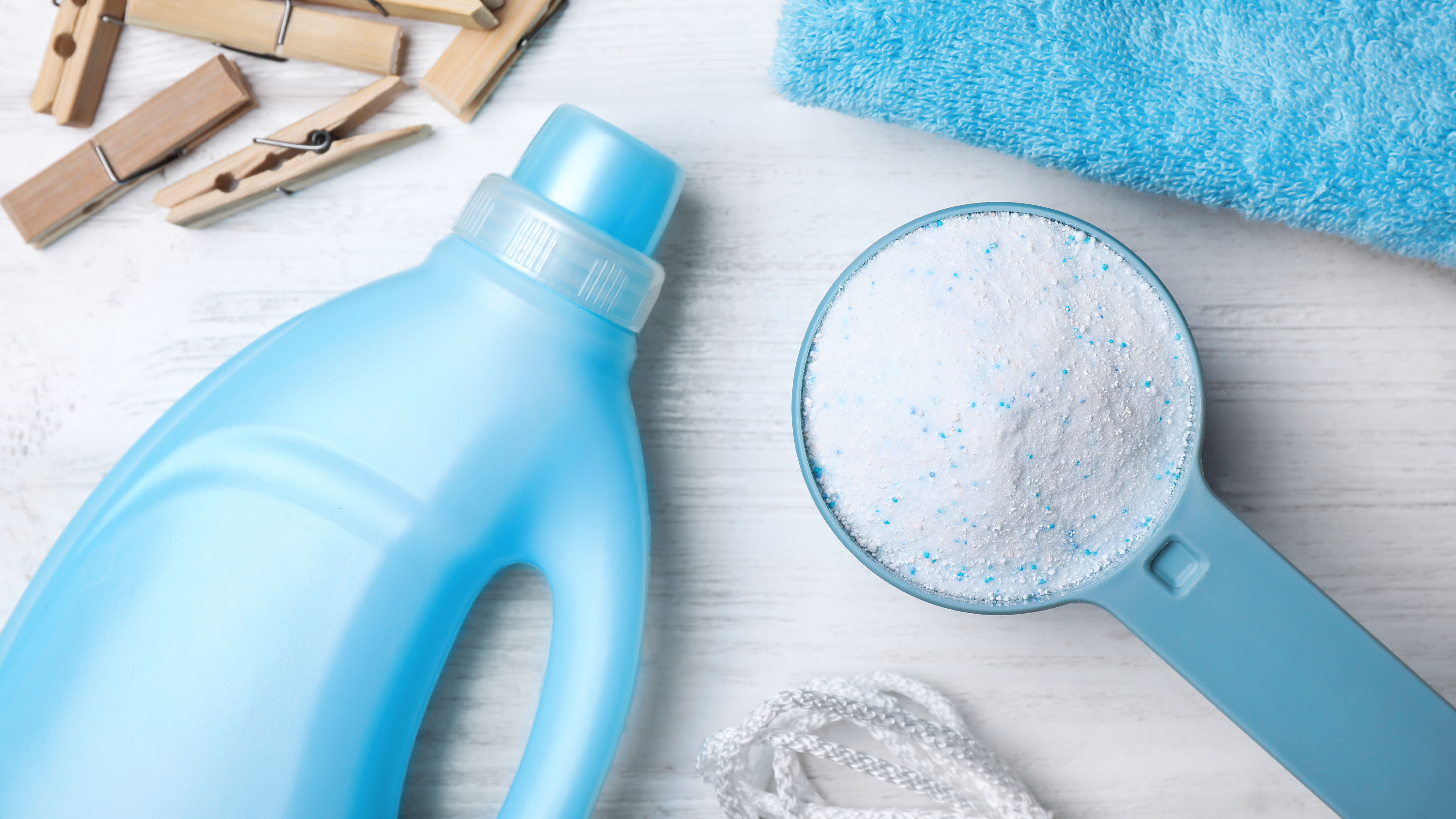
This is the last thing you would imagine can expire, but laundry detergent is another common product we hang onto for longer than we should.
There’s different types of detergent to suit different circumstances. From biological to non-biological and powder to liquid and capsule, there’s a huge range to choose from. Plus, let’s not forget dedicated detergents for different wash loads, such as for delicates, sportswear and microfiber. Consequently, your laundry room can end up stacked to the brim with all kinds of options alongside the best washing machine. But, because you naturally take longer to work your way through some of these detergents, they can end up stored for months on end — ultimately degrading.
The type of detergent will vary how long it can last. Powder detergent is pretty much set for life, unless it gets damp during storage. Liquid laundry detergent, on the other hand, will begin to deteriorate once opened. A date may be stamped on the product, but otherwise it can last anywhere from 6 months to a year. It’s important to flag that you can continue to use the detergent after this time — nothing bad will happen. But, the scent and effectiveness may have altered. Check out powder vs liquid detergent for more differences.
Remember that heat and humidity can also impact the lifespan of these products as well, both of which are often found in a laundry room. Try to keep your detergents dry and cool to make them last. Fabric softener will deteriorate once opened as well, so make sure you rotate and limit your fragrances. In fact, we’d recommend leaving it out of your laundry room. Here’s why fabric softener is bad news for you and your washing machine.
6. Sunscreen
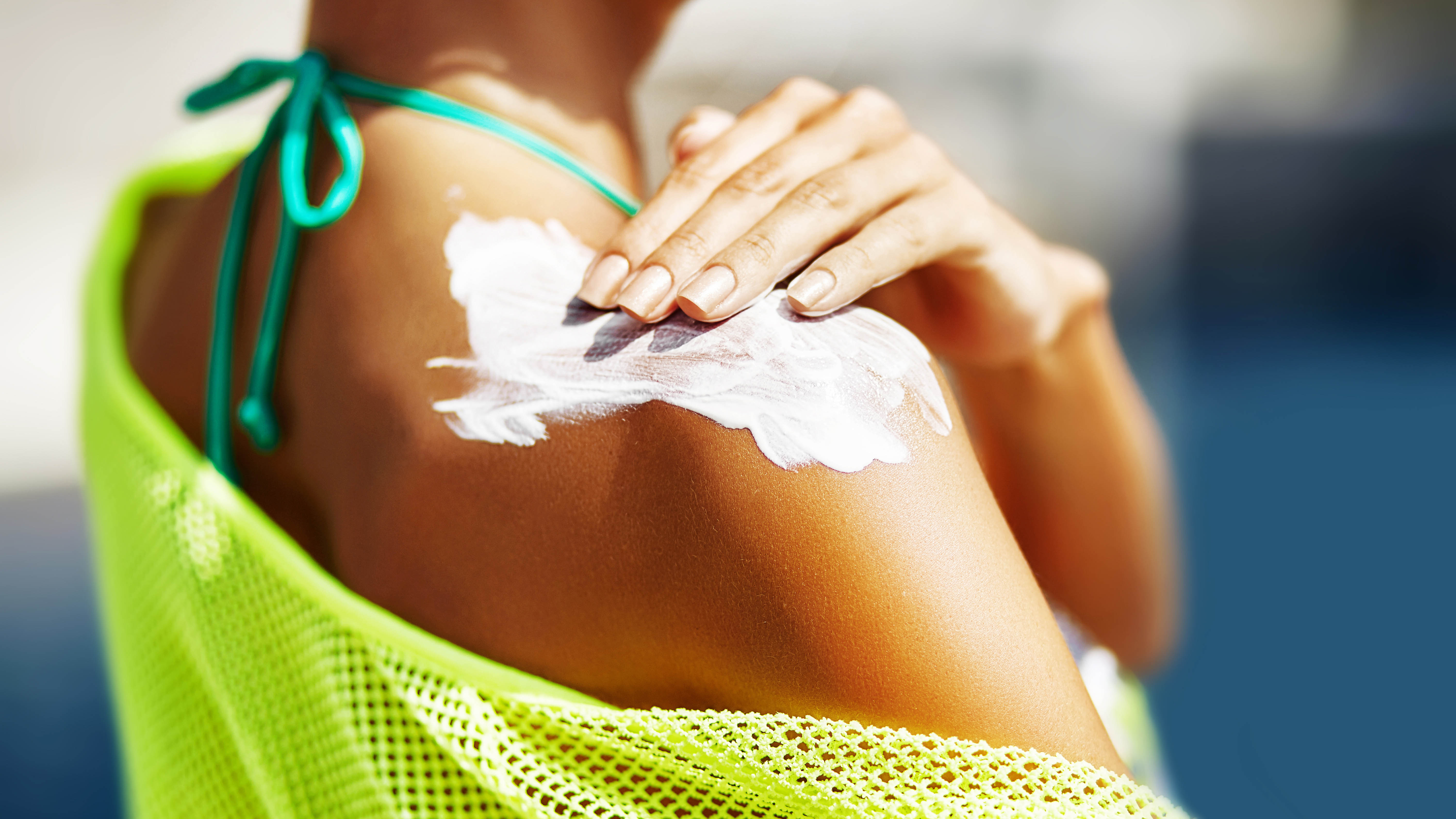
The majority of us will only buy sunscreen for two reasons — either we’re going on holiday, or we’re going through a heat wave. In either case, you never fully use up the bottle. A lot like the medicine, it can end up simply sitting in storage until it’s next needed. Make sure you check the bottle before you use it again though, because sunscreen will expire. That same open tub logo is often printed here to show how many months it will remain effective once opened. Alternatively an exact expiration date may be given. If there’s no date, according to the FDA, it ‘should be considered expired three years after purchase.’
Considering sunscreen is used to protect your skin, you shouldn’t use it past this date. You can’t guarantee it will be as effective at blocking the sun’s rays. That means your skin could be damaged despite its application. If you’re unsure for how long you’ve had your sunscreen, or it appears to have changed color or texture, opt for a new tube to be on the safe side.
7. Gardening products
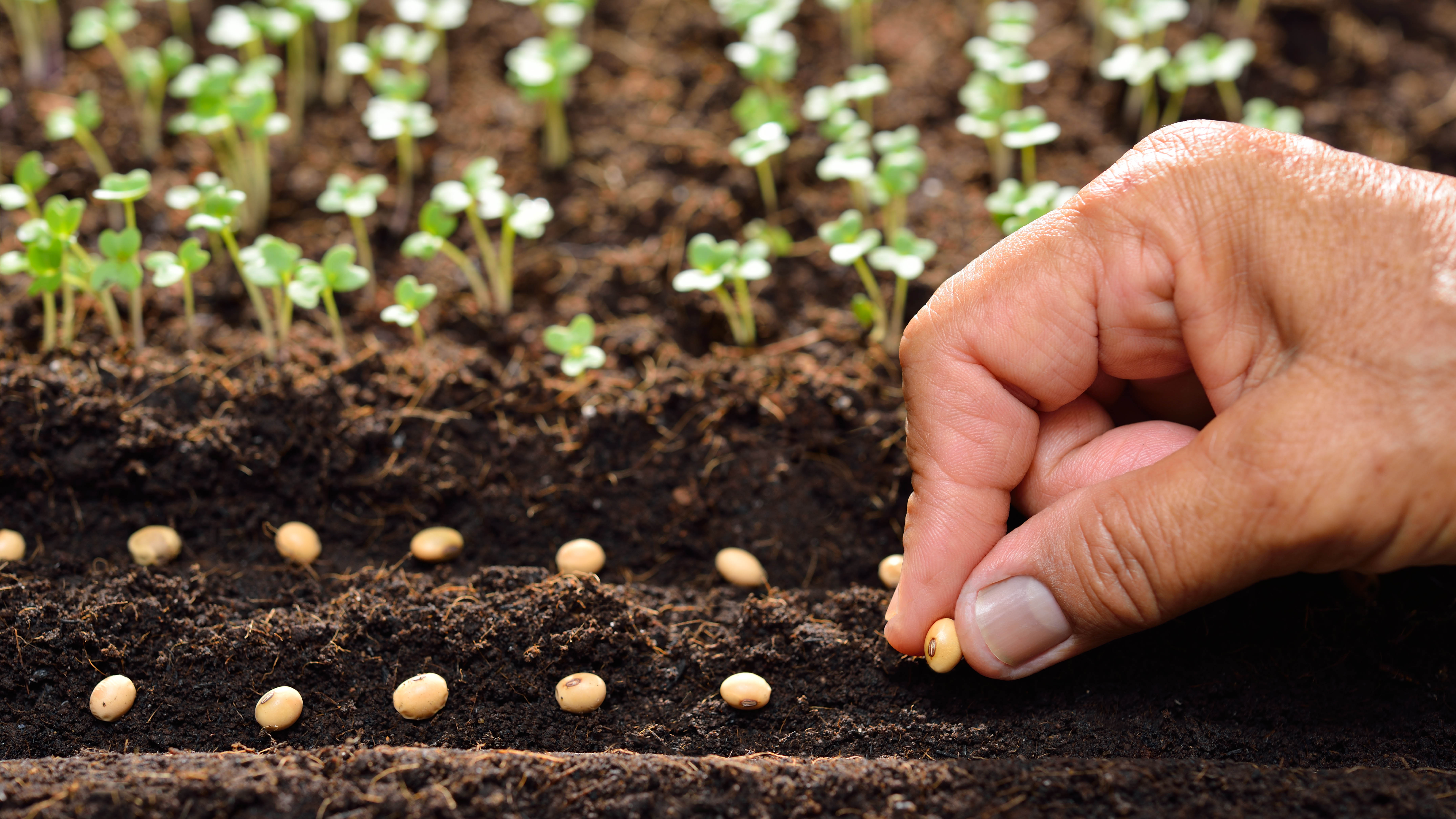
If you’re prepping your garden for spring, be sure to check your products for expiration dates before you proceed. Generally speaking, these will have a long shelf life, but liquid items in particular can degrade over time. Weed killer, insecticides and even liquid fertilizer will have a date stamped on the packaging. Use these past this point, and they won't be as effective as they should in protecting and nurturing your yard. They can even do more harm than good, and leave unnecessary toxins behind.
Vegetable and flower seeds will expire too, so make sure you check this before you start planting your new garden. If you use a wood preserver on your fence, this generally has a shelf life of around three years, but can last longer. Whatever you intend to use, make sure it’s in date and has been stored correctly for best results.
More from Tom's Guide

Katie Mortram used to be a Homes Editor for Tom's Guide, where she oversaw everything from kitchen appliances to gardening tools, as well as smart home tech. Specializing in providing expert advice for cleaning and home manintenance, she now works as Household Advice Editor for Good Housekeeping.
